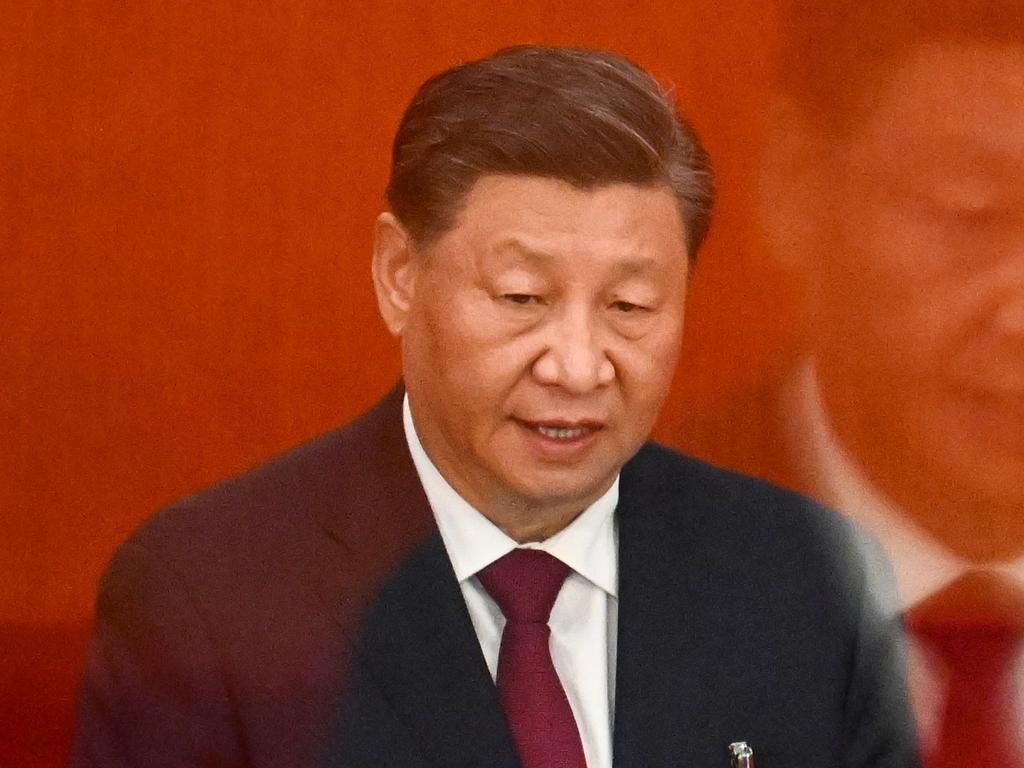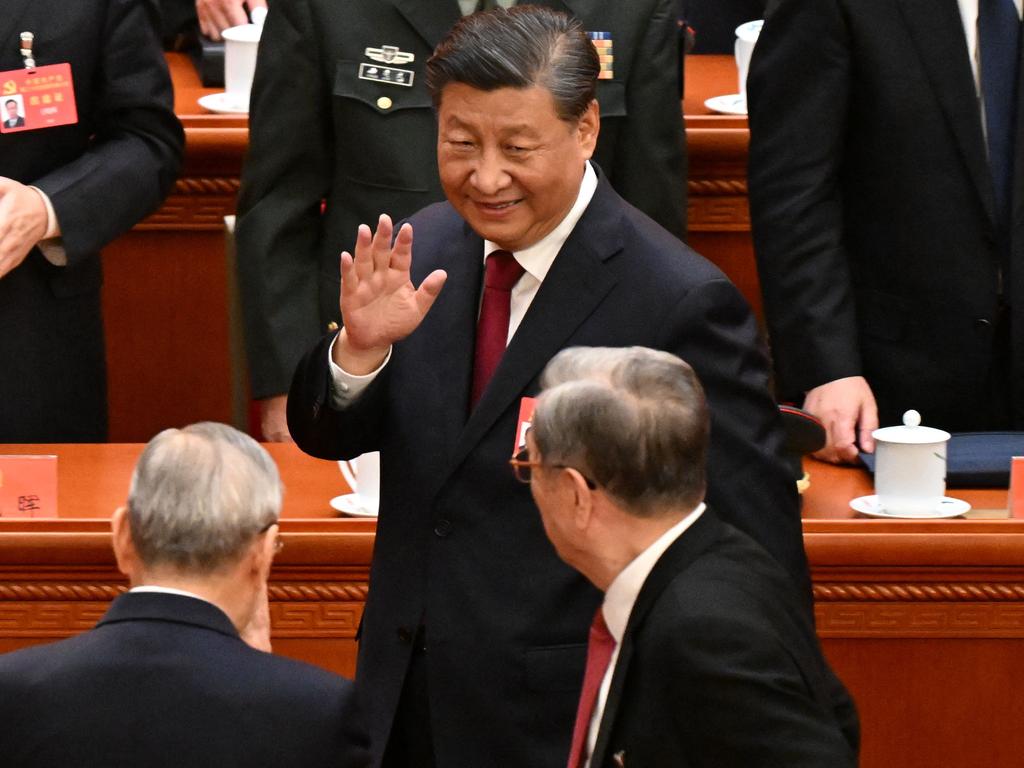Xi’s reign has been disastrous for China — and we should be thankful for his impatience

Consider the alternative. If the party congress had appointed an apparently reform-minded liberal to replace Xi, he would rule with softer words and a lighter touch. The new leadership soon would be assuring us that Xi was an aberration and China was returning to its natural state of “peaceful rise”.
Scholars and commentators would swoon. Relieved governments would fall over themselves to make all kinds of concessions and welcome China back into the fold. Yet China would continue to be ruled by the Chinese Communist Party, a fundamentally paranoid, secretive and authoritarian party convinced since the time of Mao Zedong that China’s destiny was to rule the world.
When in 1990 former leader Deng Xiaoping began articulating the doctrine of “hide our strength and bide our time”, few asked: “Until China is ready to do what?” Xi has given us the answer.
While Xi’s aggressive posture as China’s leader shocked Westerners lulled by the sound of “China’s peaceful rise”, his presidency represents continuity with the Communist Party’s doctrine of historical inevitability, according to which the East (read: China) must supplant the West. His only point of difference has been his decision to abandon “hide and bide” earlier than some among the party elite thought wise.
In his important new book, Spies and Lies, Alex Joske reveals that the idea of China’s “peaceful rise” was developed and promoted in the early 2000s by Zheng Bijian, a senior cadre who worked on behalf of China’s secret espionage and influence agency, the Ministry of State Security.
The peaceful rise theory was like a dose of fentanyl to the foreign affairs establishments in the US and Australia – relieving their anxieties, dulling their senses, even inducing a state of euphoria. Yet it was a ruse designed to counter suspicions blocking China’s entry into global institutions and to convince the world that China under the CCP had no malign intentions.
Xi’s 10-year reign, which may now last until he dies, has been disastrous for China. Even before he backed Vladimir Putin’s misjudged attempt to reshape Europe’s strategic landscape, Xi had made enemies of many nations and people previously sympathetic towards China.
With every sign pointing to Xi’s continued preference for Marxist-Leninist ideology over pragmatic nation-building, along with the cult of personality he has built around himself, China’s development will face a growing array of obstacles.

Under China’s zero-Covid policy, a few cases of the virus can shut down the economy of a huge city for weeks. Zero Covid is Xi’s pet idea, so no one is willing to tell him how much damage it is causing. Increasingly cocooned from the world and convinced he has history on his side, Xi is making mistake after mistake.
The big ones are slowing China’s rapid economic growth. Xi has reversed Deng’s decision to unshackle the private sector, preferring unwieldy state corporations over private businesses. In recent years Xi has moved to exert control over China’s burgeoning tech sector, afraid of the power and celebrity of tech titans such as Jack Ma, the co-founder of Alibaba, “China’s Amazon”.
In 2020 Ma was the nation’s richest and most famous person. When he publicly criticised China’s financial regulator he became a threat to the regime and disappeared for three months. When he emerged, he was forced to step down from Alibaba. The message to other entrepreneurs was unmistakeable.

While China’s regulators have been cracking down on the tech sector, Washington, alarmed at the prospect of China stealing America’s tech crown jewels, has imposed a raft of protective measures and industry support measures. Joe Biden’s national security strategy released last week identified China as “the only competitor with both the intent to reshape the international order” and, increasingly, the power to do so. The bottom line of the new strategy is that, if China is not to dominate the US, the US must win the battle over emerging technologies.
Xi did not invent China’s “grand strategy” to dominate the world but he has made it transparent. If Xi had not made it plain that China under the CCP intends to become the greatest economic, technological and military power in the world, the pushback from democratic nations led by the US would not have begun.

We would not be building legal and regulatory defences against Beijing’s interference operations; we would not be engaged in strategic decoupling of vital industries; we would not be building new alliances and strengthening existing ones; and we would not be restructuring our military forces for a new strategic environment.
Imagine that the 18th party congress 10 years ago had appointed a more moderate, quieter figure such as Li Keqiang as its general secretary instead of Xi, and that Xi had been elevated to the top position only this week. For a decade, the CCP would have carried on with its “hide and bide” strategy, seducing the world with the promise of “peaceful rise”.
With a 10-year plus term now stretching before him, Xi would be taking the reins of a China much more powerful economically, militarily, technologically and diplomatically, and more deeply integrated into the global economy and institutions such as the UN. He would be pleased with the more thorough co-optation of Western political, business and academic elites.
Instead, when elevated to the position of supreme leader in 2012, Xi cast off the sheep’s clothing. He went too early and we should be thankful for his impatience.
Clive Hamilton is the author of Silent Invasion: China’s Influence in Australia and the co-author, with Mareike Ohlberg, of Hidden Hand: Exposing How the Chinese Communist Party is Reshaping the World.







Xi Jinping’s continued grip on power in China, affirmed this week by the 20th Communist Party Congress, should be welcomed by the West.